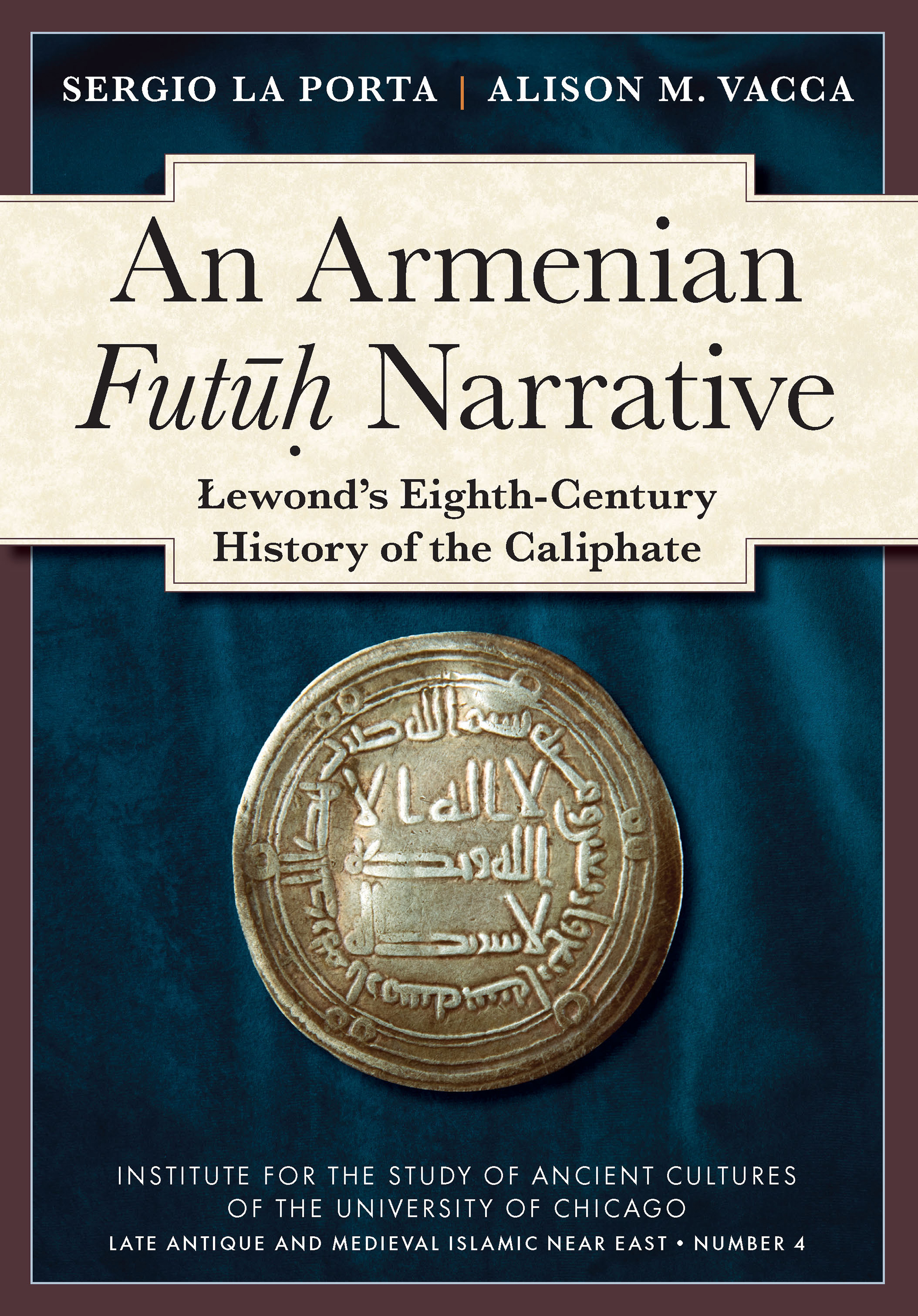Access to Mideast and Islamic Resources (AMIR)
Thursday, April 25, 2024
Friday, April 19, 2024
Digital archive : Middle East Women’s Activism
"Middle East Women’s Activism digital archive is a collection of interviews with 96 women of different generations in Egypt, Jordan and Lebanon, which form the basis of a monograph, entitled, Embodying Geopolitics: Generations of Women’s Activism in Egypt, Jordan and Lebanon. All interviews were conducted by Nicola Pratt, University of Warwick, in 2013-2014 as part of a British Academy Mid-Career Fellowship exploring the relationship between gender and geopolitics in the context of the Middle East."
Monday, April 15, 2024
AMBULO (Arabic Manuscripts in the Bologna University Library Online)
AMBULO (Arabic Manuscripts in the Bologna University Library Online
"AMBULO" Project (acronym of Arabic Manuscripts in the Bologna University Library Online) is promoted by the King Abdulaziz Chair for Islamic Studies – University of Bologna. The project is carried out under the supervision of Prof. Ahmad Addous, and coordinated by Dr. Valentina Sagaria Rossi. "AMBULO" has actually started in September 2017 and it envisages the revaluation of one of the most important and richest collections of Arabic manuscripts hosted in a public library in Italy: the Oriental Manuscripts Fund of the University"
Wednesday, March 20, 2024
Persian Manuscript Materials
"This website is dedicated to the study of the material technology of Persian manuscripts. Our goal is to investigate the intricate materials utilized in historical Persian manuscripts, shedding light on the methods and techniques derived from historical recipes mainly between the Taimurid to Qajar dynasties of Persia (15th-19th centuries).
Accompanied by images captured during the reconstruction process following the historical recipes, we aim to provide an immersive exploration into the material heritage of Persian manuscripts."
Friday, March 15, 2024
Ibn Gabirol Digital Project
This project endeavours to provide a comprehensive overview of the philosophy of Ibn Gabirol, an 11th-century Jewish philosopher from Andalusia. Within this framework, both his biographical details and philosophical writings are examined on this website through the use of multiple digital methodologies. Categorized under the domain of Digital Humanities, the project aims to expand the accessibility of Ibn Gabirol's philosophical ideas to a broader audience. By adopting this multifaceted approach, the project aims to offer a comprehensive and scholarly view of Ibn Gabirol's life and works, enriching both contemporary and future scholarship in the realm of philosophy.
The project is sponsored by the Scientific and Technological Research Council of Turkey (TÜBİTAK).
Visit the User Manual for detailed instructions to improve your experience.
Thursday, March 7, 2024
LAMINE 4. An Armenian Futūh Narrative: Łewond’s Eighth-Century History of the Caliphate
Series Editors: Antoine Borrut and Fred M. Donner
Purchase Download Terms of Use
The History of the Armenian priest Łewond is an important source for the history of early Islamic rule and the only contemporary chronicle of second/eighth-century caliphal rule in Armenia. This volume presents a diplomatic edition and new English translation of Łewond’s text, which describes events that took place during the century and a half following the Prophet Muḥammad’s death in AH 11/632 CE. The authors address Łewond’s account as a work of caliphal history, written in Armenian, from within the Caliphate. As such, this book provides a critical reading of the Caliphate from one of its most significant provinces. Reading notes clarify many aspects of the period covered to make the text understandable to students and specialists alike. Extensive commentary elucidates Łewond’s narrative objectives and situates his History in a broader Near Eastern historiographical context by bringing the text into new conversations with a constellation of Arabic, Greek, and Syriac works that cover the same period. The book thus stresses the multiplicity of voices operating in the Caliphate in this pivotal period of Near Eastern history.
Wednesday, March 6, 2024
Syriac Manuscripts in the British Library: A New Digital Edition of Wright’s Catalogue
Syriac Manuscripts in the British Library: A New Digital Edition of Wright’s Catalogue
Editors: David A. Michelson and William L. Potter
"Syriac Manuscripts in the British Library (SMBL) is a digital enhancement of William Wright's Catalogue of Syriac Manuscripts in the British Museum acquired since the year 1838 (London, 1870-1872), published by Syriaca.org: The Syriac Reference Portal in partnership with the British Library as an open access online resource. Using new methods of digital representation, SMBL enables users to engage with the manuscript collection from diverse perspectives, facilitating exploration of the collection according to new and multiple criteria..."






